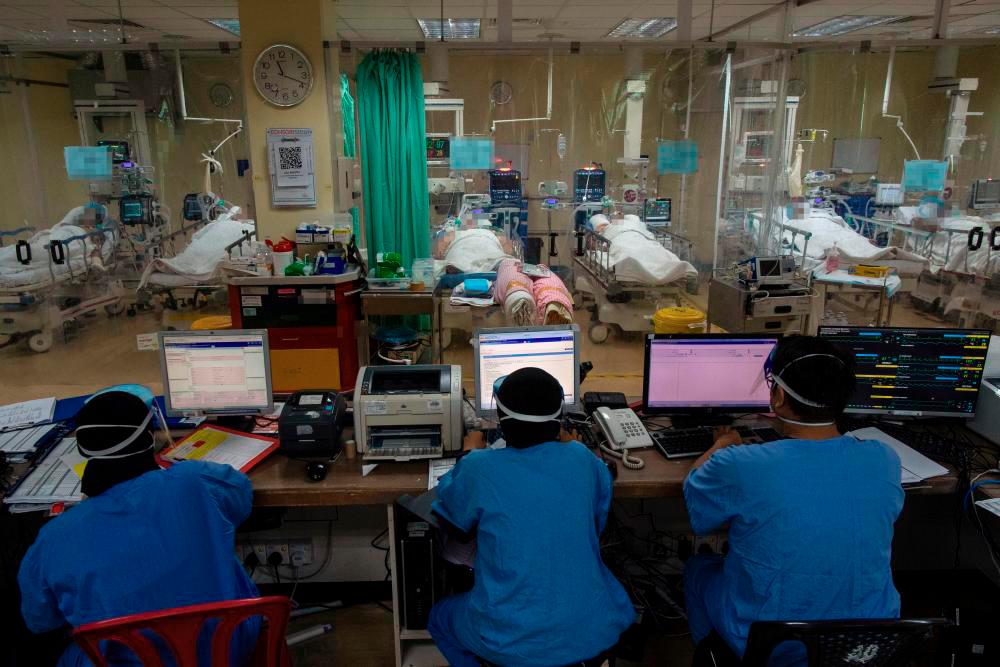“THERE was humour and above all, there was hope – not for a cure, but of finding meaning and closeness and human strength in the face of adversity.” – Prof Bob Woods, Director of Dementia Services Development Centre Wales.
Being directly involved in the world of dementia has exposed me to the real challenges of this disease in a personal way. As a healthcare professional, I initially viewed dementia through a biomedical lens, which primarily focuses on loss. However, I have come to realise that this approach does not help me support my friends living with dementia to have a good quality of life, nor does it support their caregivers.
All we desire is to have a good quality of life, regardless of our aging bodies, impaired vision and hearing difficulties. However, I have started to question this approach as it has failed to provide a pathway to offer basic support for those living with dementia. The media and even some dementia campaigns, while well-intentioned, unfortunately reinforce the tragic narratives of dementia.
Perhaps, it is time for a new approach. We cannot expect to achieve different results using the same old approach. It is time to review how we view dementia, and work together to reduce the stigma and fear associated with this disease.
On my trip to Japan, I discovered this unusual team of artists introducing a totsu-totsu dance as a means of connecting with people living with dementia. I was truly mesmerised and curious. I contacted them and was invited to join in their world of creative arts, which is foreign to me, and still is. None of them had any medical or healthcare background.
The totsu-totsu dance encourages dancers to express themselves through their unique movements, focusing on individuality. During one session, the narrative was to express a shared experience between persons living with dementia and their partners through movement. Participants danced in ways reminiscent of their mothers cooking their favourite meals or sharing a favourite snack. The dance involved non-verbal communication, enabling them to connect without the use of words.
My two-week stay opened my eyes to the possibility of a transformation from a culture that is fearful of dementia to one that embraces compassion and acceptance. The various teams that I met that were from diverse backgrounds and walks of life were living a culture of compassion and acceptance.
When I shared my stories about the negative narratives and stigma surrounding dementia in Malaysia and how they are impacting the lives of those living with the disease and their family members, they were quick to assure me that they too had experienced a similar valley of darkness.
The transformation in Japan did not happen overnight and that gave me hope. I wish that by sharing their stories of success in moving from fear to learning meaningful ways to handle dementia, we may be inspired to do the same and begin to view the disease as more than just a death sentence.
We cannot deny that we are living in an era of dementia, as we are now living longer and thus more likely to experience the disease more so now than before.
I hope that we can burrow into our fears of dementia and directly confront it, which may lead to a better understanding of the disease and allow us to live full lives with dementia and to love those who have been diagnosed with it.
If we as a community try to understand the type of services and support that will help them, we will be better able to work through these fears and alleviate the tragic social conditions of the disease, like isolation, stress and depression.
We can be the change that we want to see.
Dr Cecilia Chan
Gerontologist
Dementia Advocate and Activist














